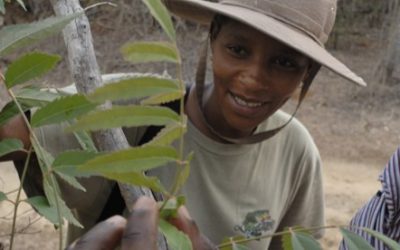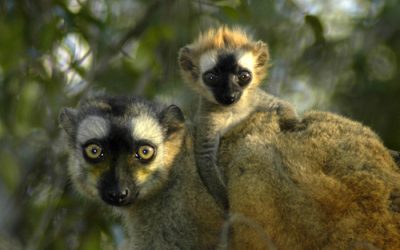The TBA is returning to the island of Borneo in 2017 for the first time in six years to deliver its capacity building field courses to young conservation scientists from Southeast Asia, and from around the world.
Successful applicants will spend the month of October in the Danum Valley Conservation Area; an incredible opportunity as this is one of Southeast Asia’s largest areas of undisturbed primary lowland rainforests, and an important centre for research.
The soaring trees of this landscape are dominated by species of the richly diverse Dipterocarpaceae family. Dipterocarps can reach dizzying heights; in November 2016 a new world record was set for the world’s tallest tropical tree when a dipterocarp measuring 94.1m was found in the Danum Valley.
Danum’s remarkable forest also supports a wealth of other plants and animals, including many of Borneo’s iconic mammals such as the Bornean pygmy elephant, gibbons, clouded leopard and orang-utan. There a flying lizards, flying frogs and flying snakes, as well as more than 300 species of birds.
Surrounded by this wealth of biodiversity, the Danum Valley has attracted scientists for decades and developed a long history of active research, focussing on forest ecology, regeneration and restoration. Work is centred on the Danum Valley Field Centre (DVFC), which will also host the TBA group.
The 2017 course will rekindle partnerships between the TBA and research institutions such as the South East Asian Rainforest Research Partnership (SEARRP), Yayasan Sabah – which manages the conservation area and field centre – and the Universiti Malaysia Sabah (UMS).
Dr Glen Reynolds, Director of SEARRP welcomes the news: “I’m really delighted to see the TBA returning to Danum Valley, as are our university partners in Malaysia.” He says. “These exceptional courses – which we hope will become a permanent feature of the SEARRP programme in Sabah – provide such great opportunities for early career scientists, not just in terms of the training provided on the courses themselves but, and perhaps more importantly, through the life-long collaborative relationships which the TBA is so well known for catalysing.”
The 2017 Danum field course will bring together a multi-national group of participants, half of them from countries in the host region. They will learn from renowned specialists during four weeks of intense, practical training which includes designing and carrying out a research project.




